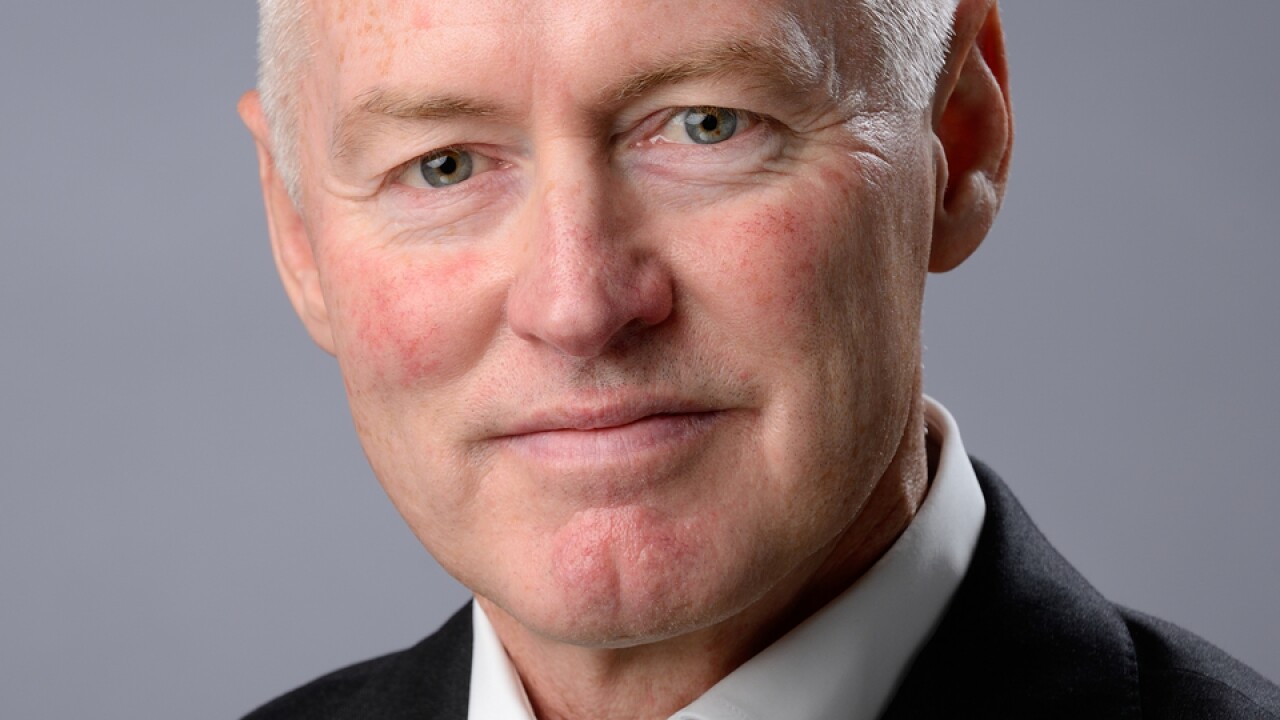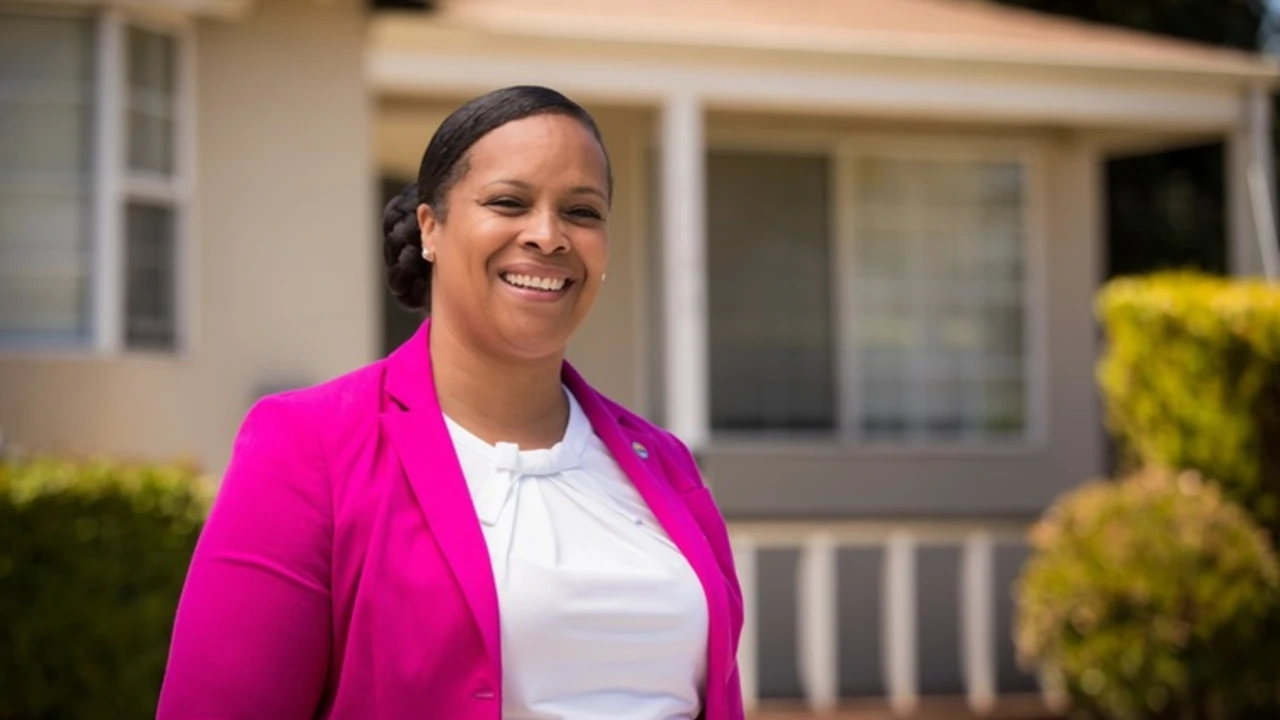
KANSAS CITY — Federal Reserve Bank of Kansas City President Esther George says she never meant to be a contrarian, but out of the 13 votes she has cast as a member of the Federal Open Market Committee since 2011, 10 have been against the majority.
"It's not to be disagreeable, but it is to say I'm willing to disagree if I can't be convinced or if I see the issues differently," she said.
Following is an edited transcript of a wide-ranging interview with sister publication American Banker:
The New York Times called you a
GEORGE: No. A dissident strikes me as someone who's more dogmatic — that you've carved out a space for yourself. What I see myself as is trying to be as honest as I can — to understand the issues, and to be willing to say, out of respect for you, for those I feel like I represent, 'This is how I see the issue.' It's not to be disagreeable, but it is to say I'm willing to disagree if I can't be convinced or if I see the issues differently. So, if that's a dissident, then I suppose from time to time…
Or a 'hawk'?
I don't know what that means, either. As you paint those continuums, what in life really falls on those continuums? Does a hawk mean, at all costs, I will want hard money, that I would want high rates? No. So, I'm willing to lean to say, 'How do I see the real economy taking this policy?' and based on how I understand what our objectives are.
Do you think there is still time to normalize interest rates before another crisis strikes, or have low rates distorted the market too much?
We don't know — we can't know that. And that's why you have to use your best gauges. And one of the gauges is, you have to have a forecast. If you know decisions you make today operate with a lag, you have to have some understanding based on how much I trust the data I've seen to make a forecast of where I think the economy is going. You have to be willing to adjust if it doesn't turn out that way. But to gauge if you're too soon or too late — by the time you know that, you have waited too long. We don't want to find ourselves there. So I can't know if we have plenty of time. What I can see is, the two metrics we often use — employment and inflation — I make a forecast based off of those, and those suggest to me that now is a good time. And I thought 'now' was good going back earlier this year, to say things are moving in a way that a small, gradual move would be consistent [with the Fed's objectives].
The honest thing you have to do at that table is not to try to second guess what markets will think, but if I can be clear in my public speeches, and I can be clear when I talk to people about how I think about it, then I have to be consistent with how I see the issue.
Both parties have unveiled platforms seeking reforms at the Fed. Broadly, are changes warranted at the Fed?
The irony is we are a decentralized institution. We're an institution that is [designed] to connect across this very broad public. Does the public have a right to say, "Gee, in 100 years you've never had an African-American Fed President?" Of course. And that would cause me to ask what it is about our processes here that we should take another look at to see if we would get different outcomes.
I think the same with monetary policy. I think it is our responsibility … not just to be more transparent, but to be clearer. How can we better express that? Yes, there are monetary policy rules that we take into consideration, or how we report to Congress. I think those are the kinds of things, as an institution … that we talk about.





